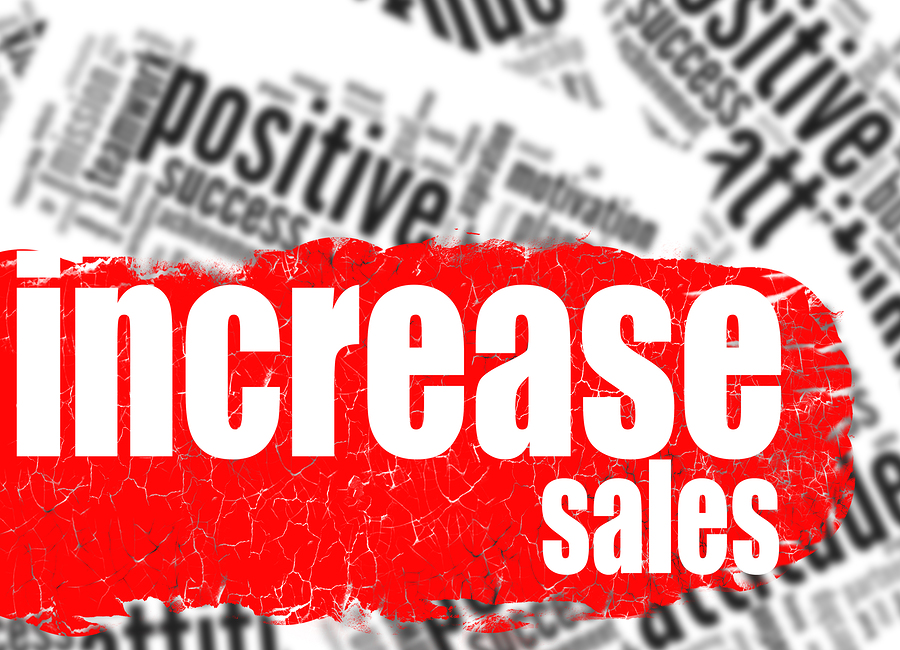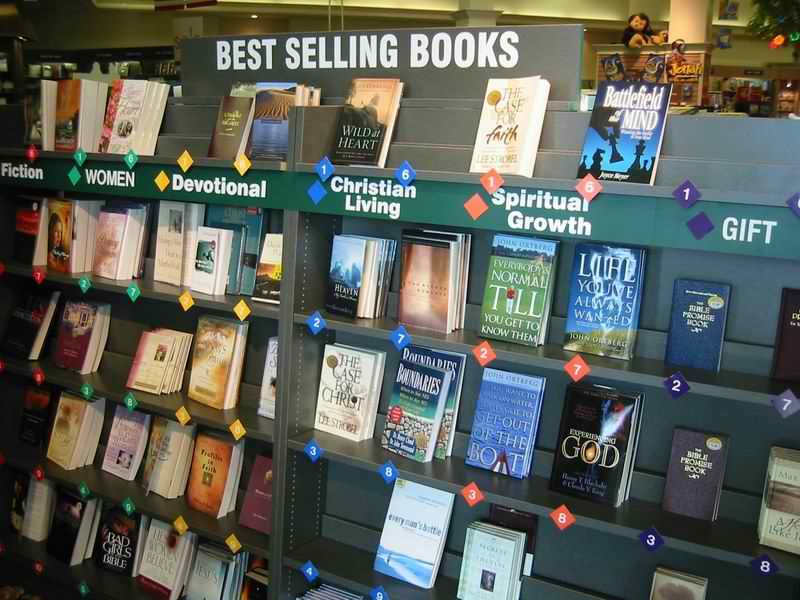One of the most interesting issues I’ve confronted in my years involved with traditional publishing is why some books sell well despite less-than-stellar reviews and why some with five star ratings barely move the sales needle.
It would be similar to films which win Oscars or top honors at film festivals but are barely noticed in the marketplace.
I recall attending a showing of a movie with my wife a couple years ago and after it was over, she commented that it was the worst movie she had ever seen. I didn’t particularly like it either, but I commented that it would probably win many awards and possibly a best-picture Oscar.
It did. And that’s why I should be a voting member of the Academy.
The same issue applies in the Christian media marketplace. The most popular books often will not be reviewed well by professional reviewers and books receiving high marks from professional reviewers frequently (not always) do not sell particularly well. (I am not talking about online reviews, which are mostly reader-generated. I am referring to people who review books for a living.)
There is a parallel issue of professional reviewers commenting on a book, which is already selling well and dismissing it as less than worthy of being considered a good book. In general, high-volume books are not reviewed well by critics.
Why the disconnect? Here are some conclusions, which I have arrived at simply by observing: (Translation: I could be wrong)
Professional reviewers are like anyone else
They have preferences for what they like and don’t like. It takes a unique person to look beyond their personal opinion and evaluate if a book is effectively doing what the author intended and if readers will enjoy it, or whether it will contribute to the society or not.
Professional reviewers are intelligent
Reviewers may view bestsellers as overly simplistic and not much of an intellectual challenge. Most bestselling books are written at a 6-8th grade reading level. While certainly not a Christian author, Earnest Hemmingway routinely wrote at a 4th to 5th grade level, so it is no mystery why the literature pundits did not appreciate many of his works. (If you want to have some fun, click here for a reading level analysis of some prominent authors and works.)
Professional reviewers are often trained in great literature
Bestsellers are a result of reaching a large audience, and most in society are not inclined to appreciate great literature. (Sorry if this offends…the whole “unwashed masses” issue again) Professional evaluations can be made based on a great classical literature standard and not on what a large number of readers will read. The two are often quite different.
All this explains some of the difficulty publishers have in deciding which books will sell well and which will not. Editors at any publisher are intelligent, educated or readers of great literature and have personal opinions of what makes for a good book. Those who have succeeded in their work of acquiring for their publishers over a long period have learned to consider what the publisher sells well and what readers will enjoy and find most helpful.
In some cases they set aside their personal preferences.
This is about as subjective a process as I can imagine and explains why just about every bestselling book has been rejected by numerous publishers before it finds a publisher home.
There are many examples of bestselling authors who win sales awards and not literary quality awards and many who win literary awards but do not sell well. A few accomplish both, but not as many as you might think.
So why do professional book reviewers often dislike books which sell well?
Because they are human.











